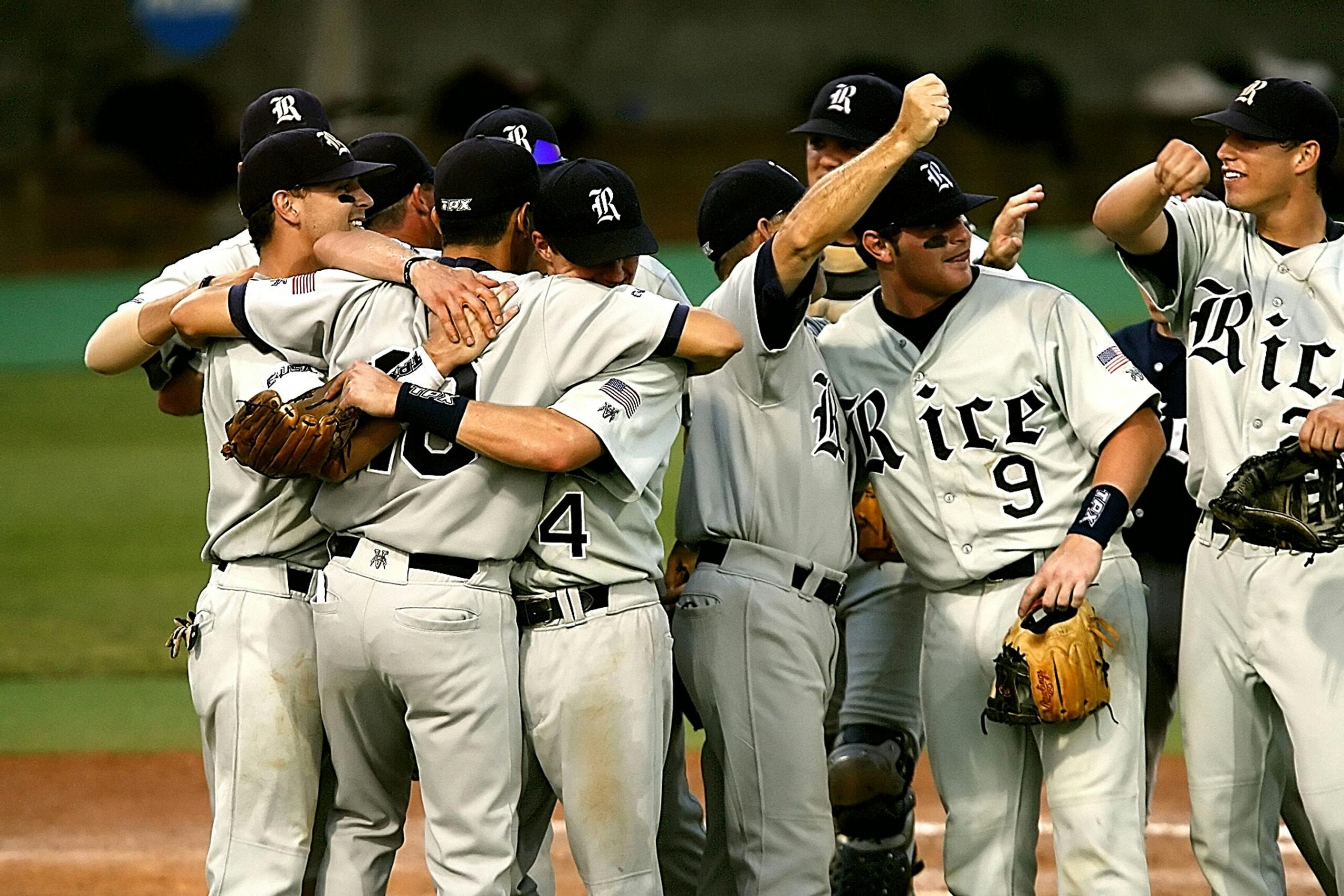Team culture plays a pivotal role in the collegiate athletic experience, influencing not just your performance on the field but also your overall well-being and satisfaction throughout your college career. Just as recovery, NIL opportunities, and recruitment decisions shape your path, the environment and dynamics within your team can significantly impact your growth and success.
Building Camaraderie and Support
One of the fundamental aspects of a strong team culture is the sense of camaraderie and support among teammates. When you join a college team, you become part of a community that shares common goals and experiences. A positive team culture fosters relationships built on trust, respect, and mutual encouragement, creating a supportive network that extends beyond the playing field.
- Shared Goals: Common objectives unite the team, fostering a sense of belonging.
- Trust and Respect: Essential for building strong, lasting relationships.
- Mutual Encouragement: Teammates support each other, boosting morale and performance.
Enhancing Performance and Development
Team culture isn’t just about morale—it directly influences athletic performance and personal development. In a cohesive and positive environment, athletes are more motivated to push themselves, challenge their limits, and strive for excellence. Coaches play a crucial role in cultivating this culture by promoting accountability, discipline, and a growth mindset among team members.
- Motivation: A positive environment drives athletes to give their best.
- Accountability: Encourages responsibility and dedication to the team.
- Growth Mindset: Fosters continuous improvement and resilience.
Balancing Competition and Collaboration
A healthy team culture strikes a balance between healthy competition and collaboration. While individual achievements are celebrated, the focus remains on collective success and teamwork. Athletes learn to leverage each other’s strengths, communicate effectively under pressure, and adapt to different playing styles, ultimately elevating the team’s performance.
- Healthy Competition: Fuels improvement while maintaining respect among teammates.
- Collaboration: Emphasizes teamwork and collective success.
- Effective Communication: Crucial for performance under pressure.
Evaluating Team Culture
When considering your future college, it’s important to evaluate the team culture. Look for signs of camaraderie, support, and a balanced approach to competition and collaboration. Speak with current athletes and coaches to get a sense of the environment and values that drive the team.
Team culture will play a pivotal role at your future institution. It is important to consider the factors above when evaluating a team’s culture. A positive, supportive, and collaborative team environment can significantly enhance your collegiate athletic experience, contributing to both your performance and personal growth.
For more insights and resources, visit Athletes Untapped.




